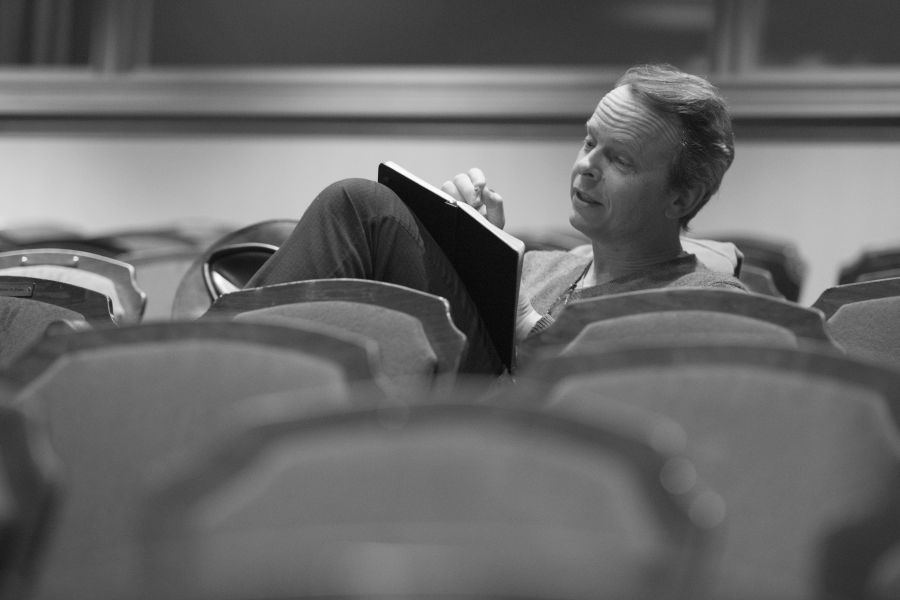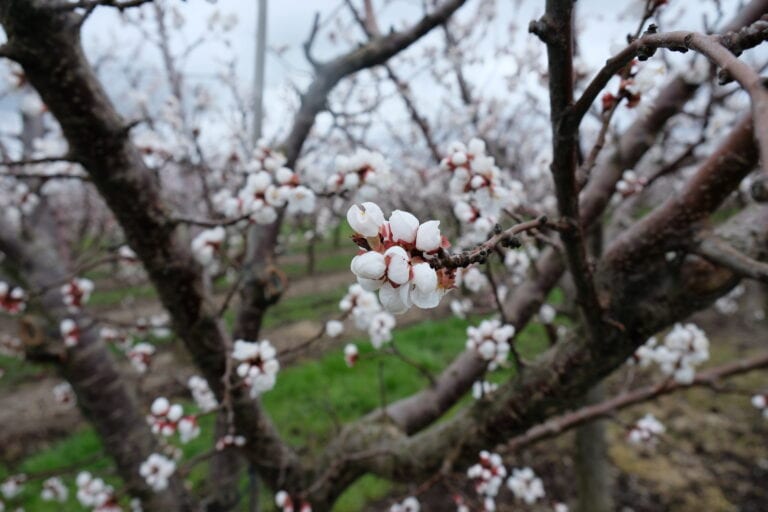After two years of uncertainty, the festival's braintrust can heave a sigh of relief
When the Shaw Festival announced next year’s 60th anniversary season a few weeks ago, you could almost hear a huge collective sigh of relief from the far end of Queen Street. Behind the wind, a soft chant: “We made it.”
Publicly, the two Tims (Tim Jennings, Shaw’s executive director and Tim Carroll, artistic director) are a little bit more circumspect, but not hesitant.
“If I were to close the books today, we would be in a significant deficit,” says Jennings. “But that’s not going to happen. We have a few months and we have expectations of doing well.”
Tickets are selling well for this season’s three remaining plays.
“If everybody continues to support us the way they have been supporting us, I think we should be in good shape.
“But it’s not over till it’s over, as they say.”
Carroll, who took over the artistic helm of the festival in 2017, is equally optimistic.
He saves particular praise for the 500 or so actors, technicians and administrators of the festival: “I’d like to go on record saying, for example, our stage crews and technical team were just extraordinary. From one day to the next, they just said, 'Outdoor theatre, OK.' And went and built them.”
It gave new meaning to the term “pivot.”
The most recent pivot was opening seating capacity to 100 per cent, after the province allowed increased seating at larger venues.
“We were able to put our next phase of the seating plan immediately,” says Carroll. “It isn’t to go quite to 100%. We’re still leaving a little bit of a gap between the actors and the audience. To help everyone feel a bit safer.”
In the end, Jennings expects to present over 600 performances this season, almost 80 per cent of a normal season, albeit with fewer bums in seats.
“Indoors we were limited to 30 to 40 per cent, outdoors closer to 75 per cent. And our fall and holiday shows will get us a lot closer to normal. We’re heading to near-capacity.”
Both Tims point to the availability of pandemic insurance proceeds last year as a significant cornerstone for this year’s success.
“That gave us a kind of optimism around how we could approach all the work for this year,” says Jennings. “The insurance helped move us into 2021 in a different mindset than many of our peers.”
The current chaotic year has offered many lessons.
“Definitely a lot of confirmation of what we suspected,” says Carroll.
“A big concert stage like BMO (one of three outdoor stages erected just for this season’s circumstances) is great for music events and not really for plays. 'Charley’s Aunt' was just incomparably better in the (Royal George Theatre). We got that delightful rolling hysteria in the audience.”
Making better use of the theatre’s attractive grounds was also an “aha” moment.
“The outdoor venues and the ability to make use of our grounds differently has been a huge win for us,” adds Jennings.
“It taught us the opportunity we have to use our grounds and even other community partners — hotels, wineries — to keep moving forward in ways that embeds us even more widely in our community.”
For Carroll, the biggest aha moment came at one of the Friday night jazz speakeasies, in one of the outdoor venues.
“It just sat there so beautifully with the sun setting behind on the Commons and a full house enjoying a night of jazz,” he remembers almost wistfully. “I just thought this a wonderful new thing that we really should be offering.”
He’s also looking forward to measuring the success of a first-time dramatic production in the late fall — “Desire Under the Elms” recently opened in the Jackie Maxwell Theatre.
“I’m really intrigued to see how 'Desire' does in the October-November period, because if people really respond and want straight drama in that timeslot, then there is no reason we couldn’t have something for everyone in the holiday season, going forward.”
If the two Tims are impressed with the festival’s response to the 2021 challenges, so is Brock University theatre expert Karen Fricker.
Fricker, an associate professor in Brock’s dramatic arts program and a theatre critic for the Toronto Star, can’t say enough about how Shaw has faced its pandemic challenges.
“The resilience of the Shaw Festival and the innovation they have showed during this time has been so inspiring,” Fricker says in a telephone interview from her office at the university.
She is particularly pleased that the many interactions between Brock’s dramatic arts students and the festival can resume.
Fricker attributes some of Shaw’s success to the fact that it is a summer producer, as opposed to many, largely urban theatres, whose season is September through April.
“It seemed a good fit for (Shaw) to move outdoors,” she says. “Other theatres did not have that opportunity and are just now overcoming their hesitancy and programming productions early in the new year.”
Fricker exudes the excitement of avid theatregoers, ready to get back in the game.
“The core theatre-going audience is really ready. In my theatre circles, people are really starting to buzz.”
Carroll is optimistic that 2022 may become a season like those of the pre-pandemic past.
“We’ve built the 2022 season as if we’ll be back to normal. Our modus operandi has been to expect the worst and plan for the best.”
Find more information on the 2022 Shaw Festival at www.shawfest.com.










